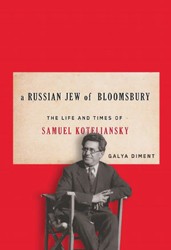By
– August 25, 2011
Joseph Pulitzer (1847 – 1911) was a “Robber Baron” era self-made man who, like his peers, left a considerably more benign legacy (the Journalism program at Columbia University, the annual Pulitzer prizes) than his cut-throat business career might have suggested. Unlike other tycoons of his time, Pulitzer was an impoverished Jewish immigrant who came to America courtesy of the Civil War draft. Still, it would be hard for anyone to hold up Pulitzer as a prototypical Jew-who-made-good — by Morris’ account, the man had no use for any religion, much less Judaism. He deflected the occasional anti-Semitic slurs without comment and married his Christian wife in an elite Washington church, where his children were dutifully baptized as well. As Morris emphasizes, Pulitzer was interested in his personal ailments, which were considerable, and in his impact on American politics through the power of his newspapers. While not likely to appeal to the general public, Morris’ biography of Pulitzer would interest anyone studying the history of mass media in America. Bibliography, index, notes, photographs.
Bettina Berch, author of the recent biography, From Hester Street to Hollywood: The Life and Work of Anzia Yezierska, teaches part-time at the Borough of Manhattan Community College.





